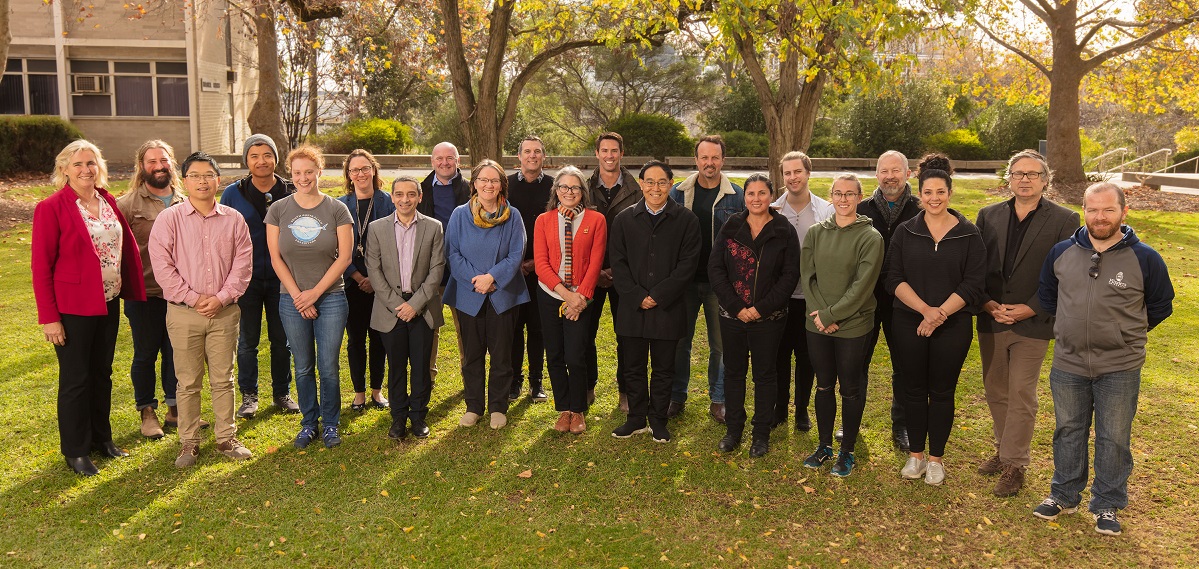
More than 85% of Australians live within 100km of the sea, which is why Flinders Marine and Coastal Research Consortium is highlighting the necessity for improved sustainability goals for World Oceans Day – celebrated around the world today, Tuesday 8 June.
“World Oceans Day highlights the importance that the sea plays for all living creature on Earth,” says consortium researcher and shack ecologist Associate Professor Charlie Huveneers. “It is a reminder for humankind to drastically reduce greenhouse gas emissions, marine pollution, and overexploitation of marine resources to create a more sustainable world.
“On the other hand, World Oceans Day reminds us of the beauty of the sea and its creatures, like the amazing Southern Right Whales which are now starting to arrive in Encounter Bay as part of their annual migrations.
“As a key buffer of greenhouse gases and heat, the oceans are an important regulator of the climate. For instance, the Southern Ocean is the largest sink of anthropogenic carbon dioxide. Many of the ocean’s ecosystems are under threat from ocean acidification, continued pollution, and the overexploitation of ocean resources. The oceans maintain their own marine food chains and biota, through complex physical, biogeochemical and food web interactions, many of which are not fully understood.”
The Flinders Marine and Coastal Research Consortium combines complementary skills in marine ecology, environmental science, geomorphology, maritime engineering, marine archaeology, and oceanography. Their goal is to improve the understanding of the functioning of marine and coastal systems under the effect of global climate change.
With research focussed on Australia’s temperate regions, the consortium members are providing crucial help to conserve and manage the ocean and our coastal environment.
“There’s still a lot we don’t know about the ocean, which makes research challenging, makes it exciting…if it was easy, it would be done already,” says Associate Professor Huveneers. “Working with some of the brightest minds in the world at Flinders University is actually really inspiring and it challenges the way you think.
Associate Professor Huveneers’ latest research paper is about Artificial Intelligence being used for the first time to predict the reproductive behaviour of Yellowtail Kingfish through tracking their movements. A Flinders newsblog about this research can be read here.
A video featuring work being done by the Flinders Marine and Coastal Research Consortium – which includes Professor Patrick Hesp, Associate Professor Guido Parra, Associate Professor Charlie Huveneers, Professor Sabine Dittmann, Professor Luciano Beheregaray, Professor Karen Burke Da Silva, Associate Professor Jonathan Benjamin and Dr Sasha Whitmarsh – can be viewed here.

